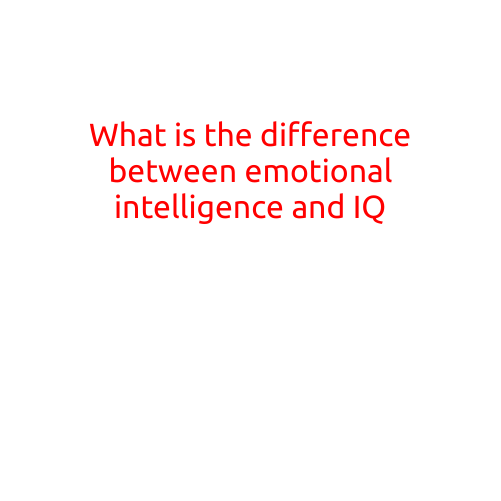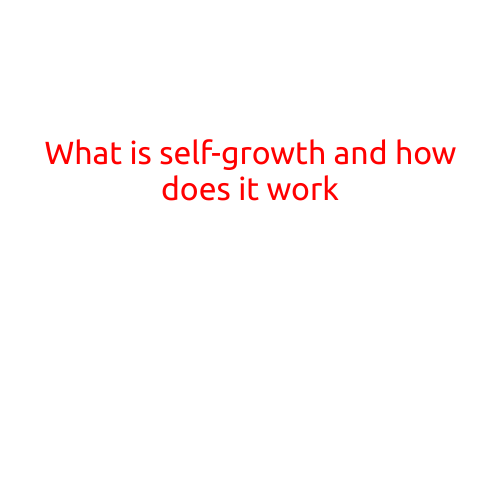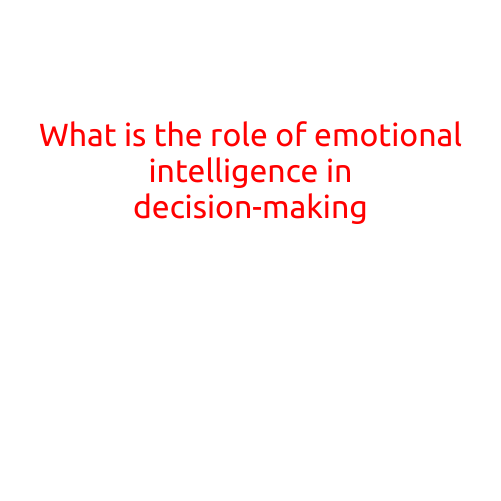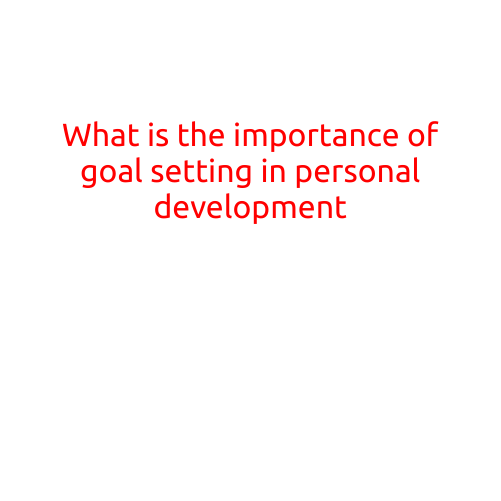
What is the difference between emotional intelligence and IQ?
When it comes to discussing human intelligence, there are two primary topics that always seem to come up: Emotional Intelligence (EI) and Intelligence Quotient (IQ). While both are important aspects of human cognition, they are often misunderstood and confused with one another. In this article, we will delve into the differences between Emotional Intelligence and IQ, and explore how they impact our daily lives.
What is IQ?
IQ, or Intelligence Quotient, is a measure of an individual’s cognitive abilities, typically measured through standardized tests such as the Stanford-Binet Intelligence Scale or the Cattell Culture Fair Test. IQ scores are designed to assess our ability to reason, problem-solve, and learn new information. The concept of IQ was first introduced by French psychologist Alfred Binet in the early 20th century and has been widely used ever since.
What is Emotional Intelligence?
Emotional Intelligence, on the other hand, is a concept developed by psychologist Peter Salovey and his colleagues in the 1990s. EI refers to the ability to recognize and understand emotions in ourselves and others, and to use this awareness to guide our thoughts and behaviors. Unlike IQ, which is focused on cognitive abilities, EI is focused on emotional and social skills.
Key differences between EI and IQ:
- Focus: IQ focuses on cognitive abilities, while EI focuses on emotional and social skills.
- Measurement: IQ is typically measured through standardized tests, while EI is often assessed through self-report questionnaires and behavioral observations.
- Impact: IQ is generally seen as a predictor of academic and professional success, while EI is linked to better social relationships, decision-making, and overall well-being.
- Development: IQ is relatively fixed and tends to stabilize by early adulthood, while EI can be developed and improved through practice and training.
- Components: IQ is comprised of verbal comprehension, visual-spatial skills, and working memory, while EI includes skills such as self-awareness, self-regulation, motivation, and empathy.
The significance of Emotional Intelligence:
While IQ is often seen as the gold standard of intelligence, EI is equally important in today’s society. Here are a few reasons why:
- Better communication: EI helps us understand and manage our emotions, leading to improved communication and relationships.
- Improved decision-making: EI allows us to consider the emotional implications of our decisions and make more informed choices.
- Enhanced leadership skills: Leaders with high EI are better equipped to motivate and manage their teams.
- Mental health: EI is linked to reduced stress, anxiety, and depression, and is a key component of overall well-being.
Conclusion:
In conclusion, while IQ and EI are both important aspects of human intelligence, they are distinct and play unique roles in our daily lives. IQ focuses on cognitive abilities, while EI focuses on emotional and social skills. By developing our EI, we can improve our relationships, decision-making, and overall well-being. As the importance of emotional intelligence becomes increasingly recognized, it’s essential to understand the differences between EI and IQ and to prioritize EI in our personal and professional lives.





